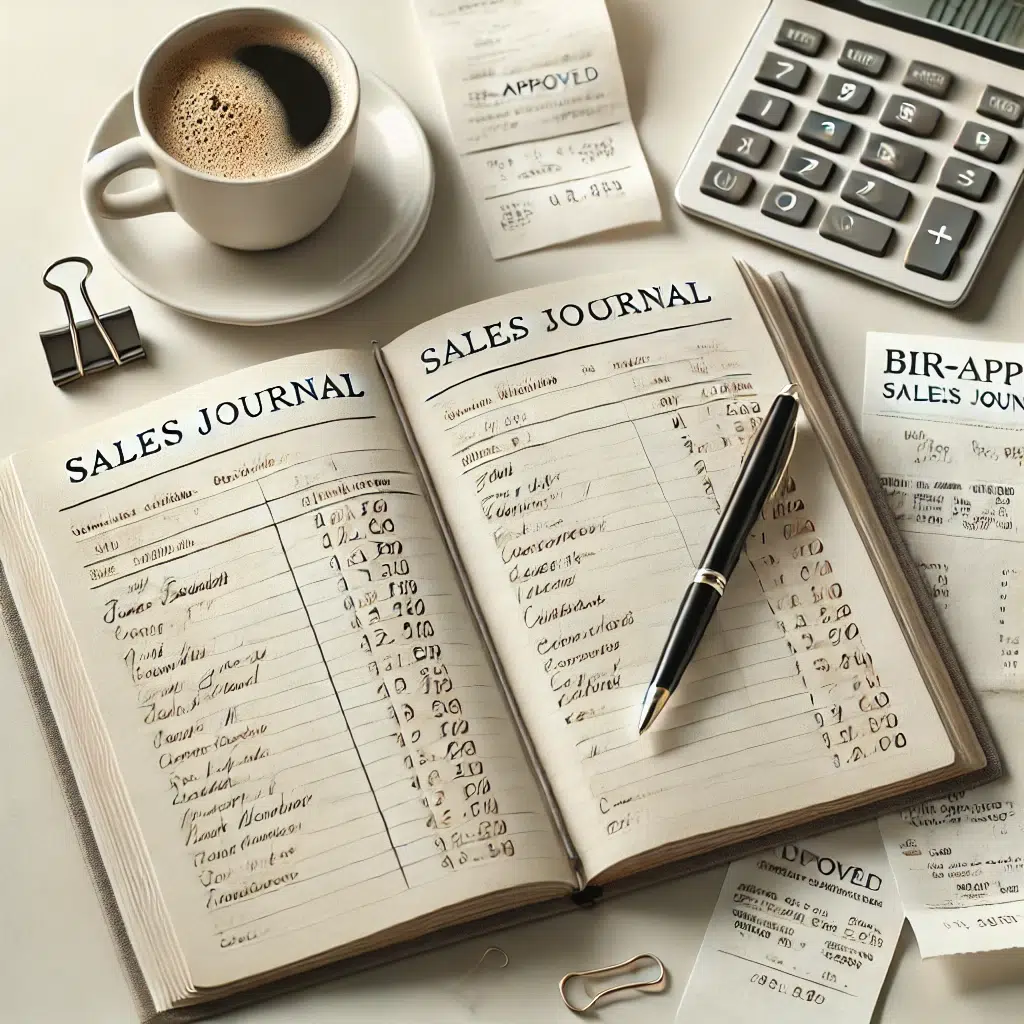Do you feel overwhelmed and need clarification on all the paperwork involved in buying or selling a property? One important document you need to familiarize yourself with is the documentary stamp. This comprehensive guide will take you through everything you need to know about documentary stamps, from what they are to why they matter.
Documentary stamps are essential in real estate transactions as they prove that certain taxes have been paid. Understanding how documentary stamps affect your finances is crucial whether you’re a buyer or a seller. We will explore the different types of documentary stamps, how they are calculated, and the implications for both parties involved in the transaction.
From the basics to the nitty-gritty details, this ultimate guide will equip you with the knowledge to navigate the world of documentary stamps confidently. So, if you’re ready to unravel the complexities and gain a clear understanding, keep reading and get ready to master the ins and outs of documentary stamps.
What Is a Documentary Stamp?
Documentary stamps are essential in real estate transactions as they prove that certain taxes have been paid. The government typically requires these stamps to validate and legalize crucial documents. They are commonly used for various legal and financial transactions, such as property transfers, loans, and contracts. Documentary stamps are essentially a way for the government to collect taxes on these transactions, ensuring that all parties comply with the necessary regulations.
There are different types of documentary stamps, each serving a specific purpose. Understanding the different types and their uses is crucial for anyone involved in real estate or other transactions where these stamps are required.
Related: BIR Updates 2020: Everyone Must Know
Different Types of Doc Stamp
Property Transfer Tax Stamp
These stamps are commonly used in real estate transactions where the property is bought or sold. The tax is usually a percentage of the property’s sale price or fair market value. Property transfer tax stamps help pay the necessary taxes when transferring property ownership.
Loan Tax Stamp
When taking out a loan, whether it’s for a property purchase or other purposes, loan tax stamps may be required. These stamps prove that the necessary taxes on the loan have been paid. The amount of tax paid is usually a percentage of the loan amount.
Contract Tax Stamps
Contract tax stamps validate and legalize various contracts, such as lease agreements, service contracts, and sales contracts. These stamps help ensure that the necessary taxes on the contract have been paid.
Where to Buy Documentary Stamp
Now that you understand the importance and different types of documentary stamps, you may be wondering where to obtain them. Documentary stamps can be obtained from government agencies responsible for tax collection, such as the local revenue office or the Bureau of Internal Revenue. These agencies typically have specific procedures and requirements for purchasing documentary stamps, so you must familiarize yourself with the process before you need them.
Sometimes, you may also purchase documentary stamps through authorized banks or financial institutions. These institutions often provide a convenient and efficient way to obtain the necessary stamps for your transactions.
How To Calculate Documentary Stamp Tax
Calculating the amount of documentary stamp taxes can be complex, as it depends on various factors, such as the type of transaction and the value involved. The tax rates for different types of documentary stamps may also vary. It’s essential to consult the relevant tax laws or seek professional advice to ensure accurate calculations.
Documentary stamp taxes are calculated based on a percentage of the transaction value. For example, property transfer tax stamps may be calculated as a percentage of the property’s sale price or fair market value. Loan tax stamps are typically calculated as a percentage of the loan amount, while contract tax stamps may be based on the contract value.
Typical Uses of Documentary Stamp
Documentary stamps have a wide range of uses beyond real estate transactions. They are commonly required for the following:
- Legal Documents: Legal documents, such as affidavits, deeds, and powers of attorney, may require documentary stamps to validate and legalize them.
- Financial Transactions: Loans, mortgages, and other financial transactions often require documentary stamps to pay the necessary taxes.
- Business Transactions: Contracts, agreements, and other business-related documents may require documentary stamps to comply with tax regulations and ensure the legality of the transaction.
Documentary Stamp in Real Estate Transactions
Real estate transactions are one of the most common areas where documentary stamps are required. When buying or selling a property, the buyer and seller may be responsible for paying documentary stamp taxes. The specific amount of tax to be paid is usually determined by the property’s sale price or fair market value.
In some cases, the buyer may be responsible for paying the documentary stamp tax on the Deed of Absolute Sale, which is the document that transfers ownership of the property. On the other hand, the seller may be responsible for paying the tax on any mortgage or loan documents involved in the transaction.
Related: state Tax Train Law in the Philippines
Both buyers and sellers must know their responsibilities regarding documentary stamp taxes in real estate transactions. Failure to pay the necessary taxes can result in legal and financial consequences.
Documentary Stamp Regulations and Requirements
Government regulations regarding documentary stamps may vary from country to country or even within different regions. Familiarizing yourself with your jurisdiction’s specific rules and requirements is essential to ensure compliance.
In addition to the specific regulations, there are also general requirements to consider when dealing with documentary stamps. These requirements can include the proper completion and submission of forms, the payment of the necessary taxes, and including stamps on the relevant documents.
Common Misconceptions About Doc Stamp
Several things surrounding documentary stamps need to be clarified that can lead to confusion. Here are a few common misconceptions debunked:
- Documentary stamps are unnecessary: Documentary stamps prove that taxes have been paid on essential documents. Failing to include the required stamps can result in legal and financial consequences.
- Documentary stamps are only required for real estate transactions: While real estate transactions are one of the most common areas where documentary stamps are required, they are also necessary for various other legal and financial transactions.
- Documentary stamps are a one-time payment: Depending on the type of transaction, documentary stamps may be required for multiple documents or stages of the transaction. Understanding the specific requirements for each transaction to ensure compliance is essential.
What is Documentary Stamp Tax Philippines
In the Philippines, documentary stamps are commonly referred to as Documentary Stamp Tax (DST). The DST is imposed on various documents, instruments, loan agreements, and papers evidencing the acceptance, assignment, sale, or transfer of an obligation, rights, or property.
The rates of DST in the Philippines vary depending on the document type or transaction. For example, property transfer tax stamps are generally imposed at 1.5% of the property’s selling price or fair market value.
Related: Donor’s Tax Train Tax Law 2019 in the Philippines
Conclusion
Understanding documentary stamps is essential for anyone involved in legal and financial transactions. Whether buying or selling a property, taking out a loan, or entering into a contract, knowing how documentary stamps work and their implications on your finances is crucial.
You can confidently navigate these transactions by familiarizing yourself with the different types of documentary stamps, where to obtain them, how to calculate the taxes and the regulations and requirements involved. Documentary stamps prove that the necessary taxes have been paid, ensuring compliance with tax laws and regulations.
Don’t let the complexities of documentary stamps overwhelm you. With the knowledge gained from this ultimate guide, you can approach these transactions with clarity and peace of mind, knowing you have a solid understanding of documentary stamps and their significance. So, the next time you need documentary stamps, you’ll be well-prepared to handle the process efficiently and effectively.
Recommended: Tax Codes in the Philippines- A Complete Guide

















Leave a Reply